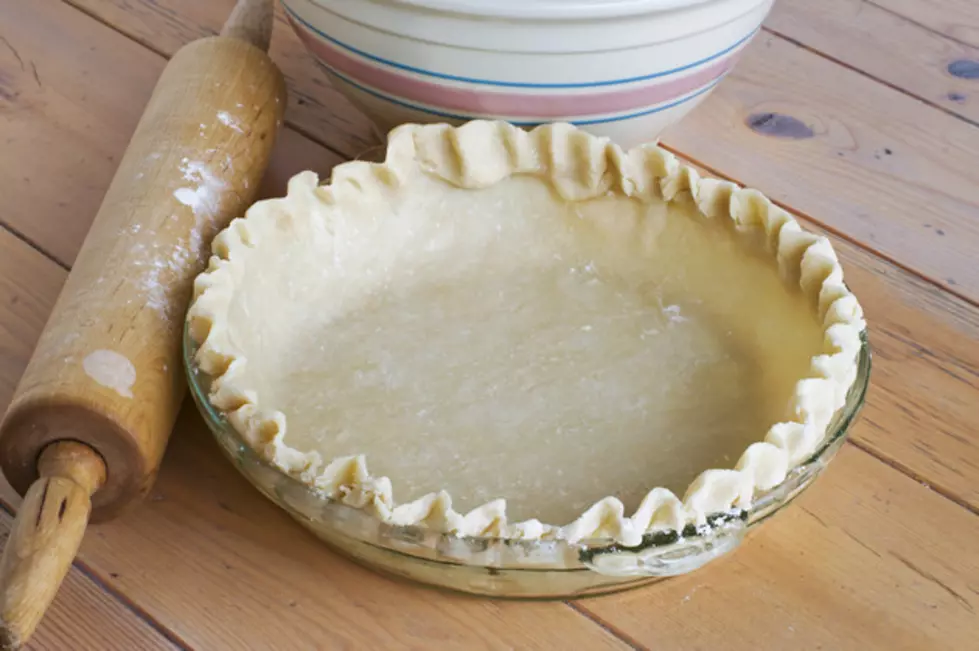
What Dates on Your Groceries Really Mean, Sort Of
If you're like me when you're buying milk or bread, cereal, yogurt, bagged lettuce, eggs or barbecue sauce, (really any kind of grocery product could be included here) you check for a date, because you, (like me) think it means something. But what?
I have always believed the date stamped there had something to do with freshness, but what kind of date are you looking at? Expiration date? Sell by date? Best before date? Should I stop asking questions now and start answering some instead? I'll try.
Believe it or not date labeling of food products is not required by federal law. So, depending upon the state in which you live and the food company which made the product you're noshing on, meaning of the dates vary, widely- - and have no correlation to whether a food is spoiled or safe to eat.
There is proposed legislation to be introduced to Congress later this month that would make clear when a food product is no longer safe to consume. But until then (and considering Congress's record of getting nothing done) here are some explanations of current food date labeling.
- Sell by - this only tells a grocery store how long the product should be on the shelf it means nothing in terms of food safety or quality
- Best if used by/Best by/Use by - in general all of these terms mean approximately the same thing - the date when a product is no longer at its peak flavor or appearance, but it does not mean it is unsafe to eat
- Use or Freeze by - again, this is a manufacturer's "suggestion" not a mandate and again does not mean the product will be unsafe to eat after this date
- Expires on - you would think this means exactly what it says, but this isn't necessarily so
To wrap this up in a not-so-neat and still confusing package, many foods are perfectly okay to eat after whatever date is stamped on them. But to be on the safe side and get some concrete shelf life and storage information, check out foodsafety.gov or The Waste-Free Kitchen Handbook.
(Source information from Epicurious.com)
More From KXRB









